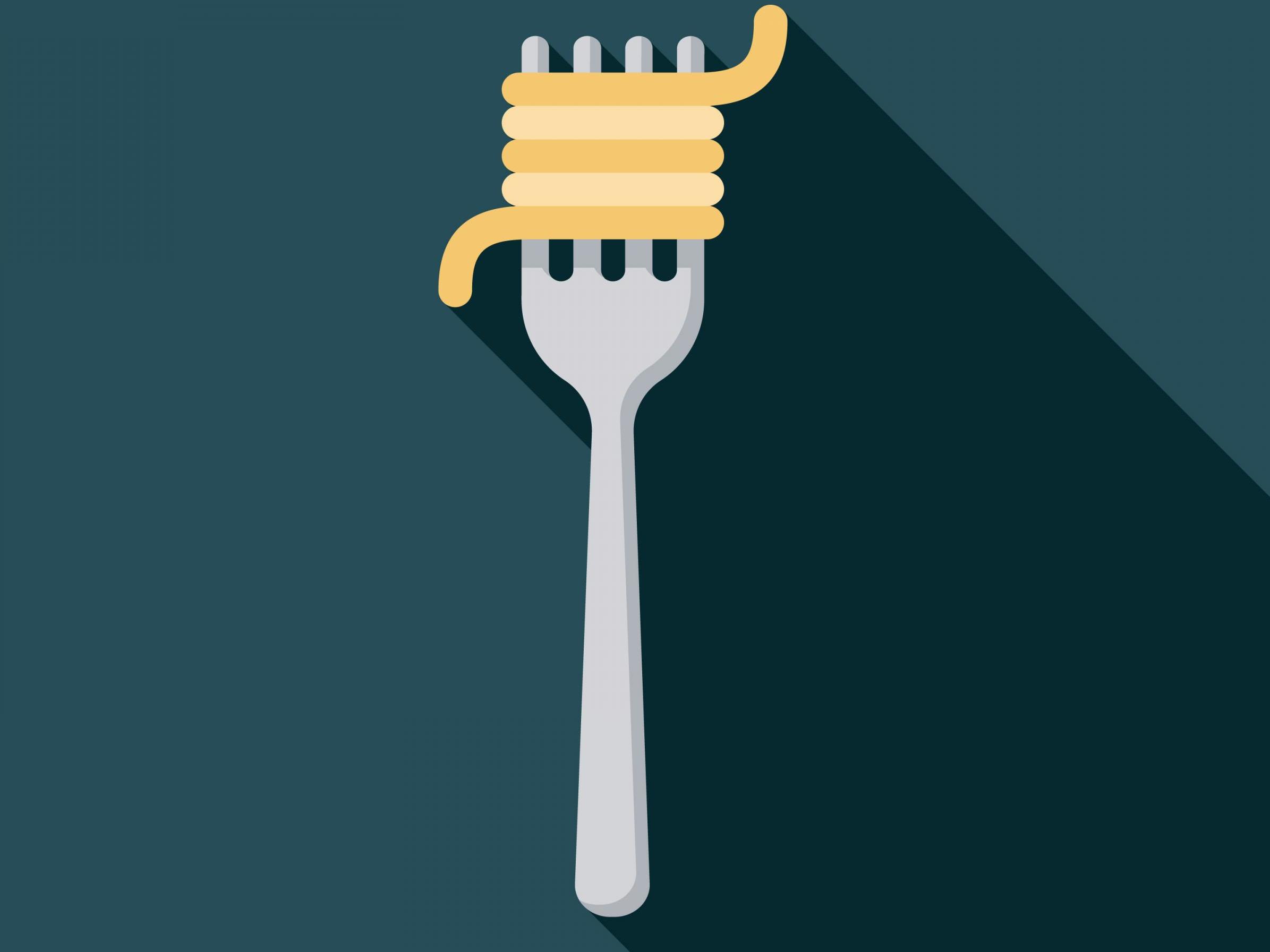‘Think before you buy’: People with food allergies struggle to get food in wake of coronavirus stockpiling
'You may have the choice of eating gluten but not everyone does,' says a coeliac sufferer

Your support helps us to tell the story
From reproductive rights to climate change to Big Tech, The Independent is on the ground when the story is developing. Whether it's investigating the financials of Elon Musk's pro-Trump PAC or producing our latest documentary, 'The A Word', which shines a light on the American women fighting for reproductive rights, we know how important it is to parse out the facts from the messaging.
At such a critical moment in US history, we need reporters on the ground. Your donation allows us to keep sending journalists to speak to both sides of the story.
The Independent is trusted by Americans across the entire political spectrum. And unlike many other quality news outlets, we choose not to lock Americans out of our reporting and analysis with paywalls. We believe quality journalism should be available to everyone, paid for by those who can afford it.
Your support makes all the difference.Food allergy charities have warned that those with medical intolerances, and autoimmune diseases like coeliac disease, are struggling to find food to eat during the coronavirus outbreak as others panic-buy and stockpile.
Allergy UK, the leading charity for people living with allergies, says it is appealing to shoppers to think about those that require the “free from” produce to feed their families.
“A mother of a young child with an allergy to cow’s milk has told the charity that she could not buy the oat milk her child needed because the product had been cleared [by other people],” it said.
The Food Standards Agency says there are an estimated 2 million people living with a diagnosed food allergy in the UK and 600,000 (1 in 100 people) have coeliac disease, which the NHS describes as a condition where your immune system attacks your own tissues when you eat gluten.
Supermarkets have warned against people panic-buying in recent weeks and Sainsbury’s, Asda and Waitrose have even had to introduce rationing to stop customers buying more than three of any item.
The big supermarkets co-signed an open letter, saying: “We understand your concerns, but buying more than is needed can sometimes mean that others will be left without. There is enough for everyone if we all work together.”
But some people are still missing out.
Loella Harris, 31, from Chichester says she has struggled to find gluten free pasta for her five-year-old coeliac son and her husband, 51, who has a gluten intolerance.
Mrs Harris said: “It’s been very hard to get as people are panic buying and being greedy. I think it’s really unfair that people are buying gluten free food when they don’t need to because they can eat gluten and coeliacs don’t have a choice.
I told her being coeliac isn’t a lifestyle choice..."
“When we got to the aisle there was a woman there grabbing all the pasta. I asked her politely if I could have a bag for my son who is coeliac and she was very rude. She said, ‘pasta is pasta and I need it’, ‘why should your lifestyle get priority?’ I told her being coeliac isn’t a lifestyle choice.”
Her son also has autism and sensory issues so he eats a very limited diet. “Please think before you buy. You may have the choice of eating gluten, but not everyone does,” she says.
Zoe Richards, 58, an NHS programme manager from Lancaster, who has coeliac disease, also said “shelves have been empty” of gluten-free options.
“Anyone buying gluten free who doesn’t need it, maybe because for them it’s a preference rather than a health need or maybe they just didn’t realise what they are buying, I’d ask them to check locally with friends, colleagues, neighbours if there is anyone in their family who is coeliac and must eat gluten free and then pass it on."
Lisa Avery, from Poole in Dorset, who is also diagnosed with coeliac disease, said: “Panic buyers need to stop to consider that they are restricting people who physically cannot eat “normal” foods.
"It makes us incredibly ill and could cause starvation in some cases – especially in the elderly and children.”
Hilary Croft, CEO of Coeliac UK is now calling on shoppers to think about the impact they are having on others.
“We understand that people are anxious to stock up with food at this time in case of the need to self isolate but gluten free foods like gluten free bread and pasta are staples for those with coeliac disease. These are going to be difficult times for us all”.
Carla Jones, CEO of Allergy UK says: “Of course we understand how anxious people are in the current circumstances.
"We are all living through unprecedented times with a high degree of uncertainty, but we are asking people to please consider the needs of a large group of people who do not have the luxury of choice.
"It is our responsibility to our community to highlight what we see as an unforeseen consequence of the bulk buying that has become such a feature of these times and to create an awareness that might prompt people to think again”.
Coeliac UK and Allergy UK are both working closely with the food industry to try to ensure the production and supply of “free from” food during the ongoing outbreak.
Join our commenting forum
Join thought-provoking conversations, follow other Independent readers and see their replies
Comments